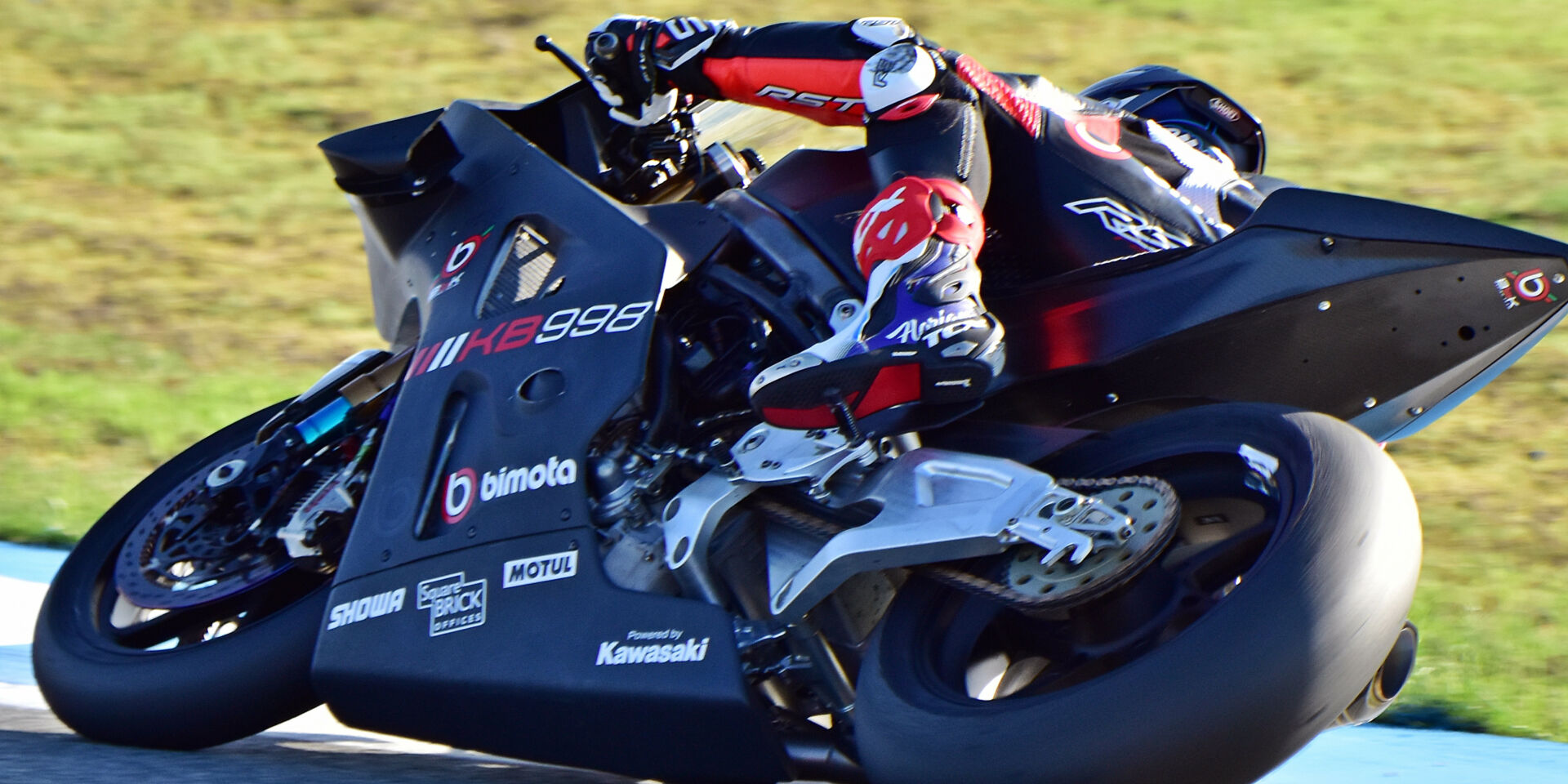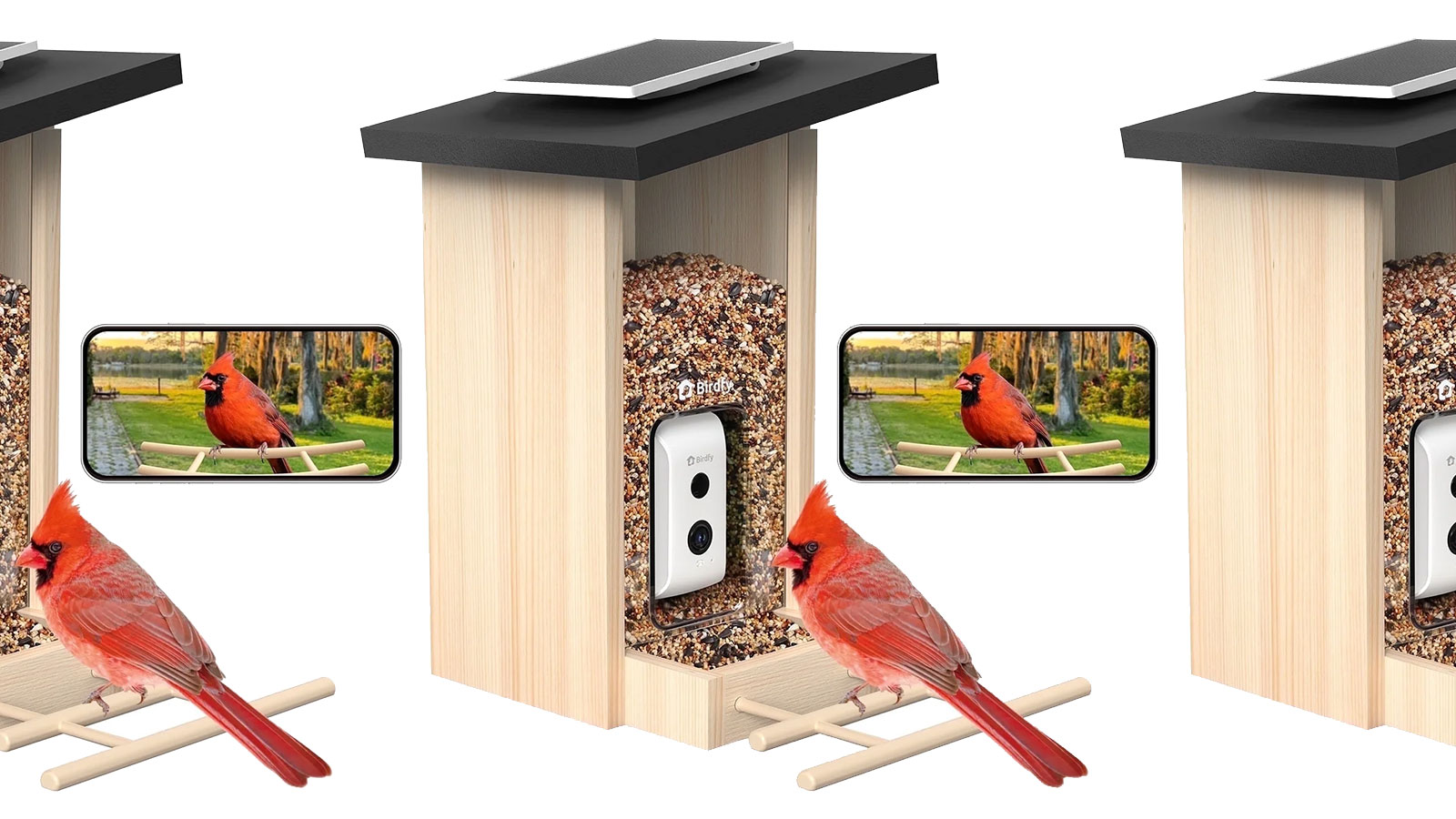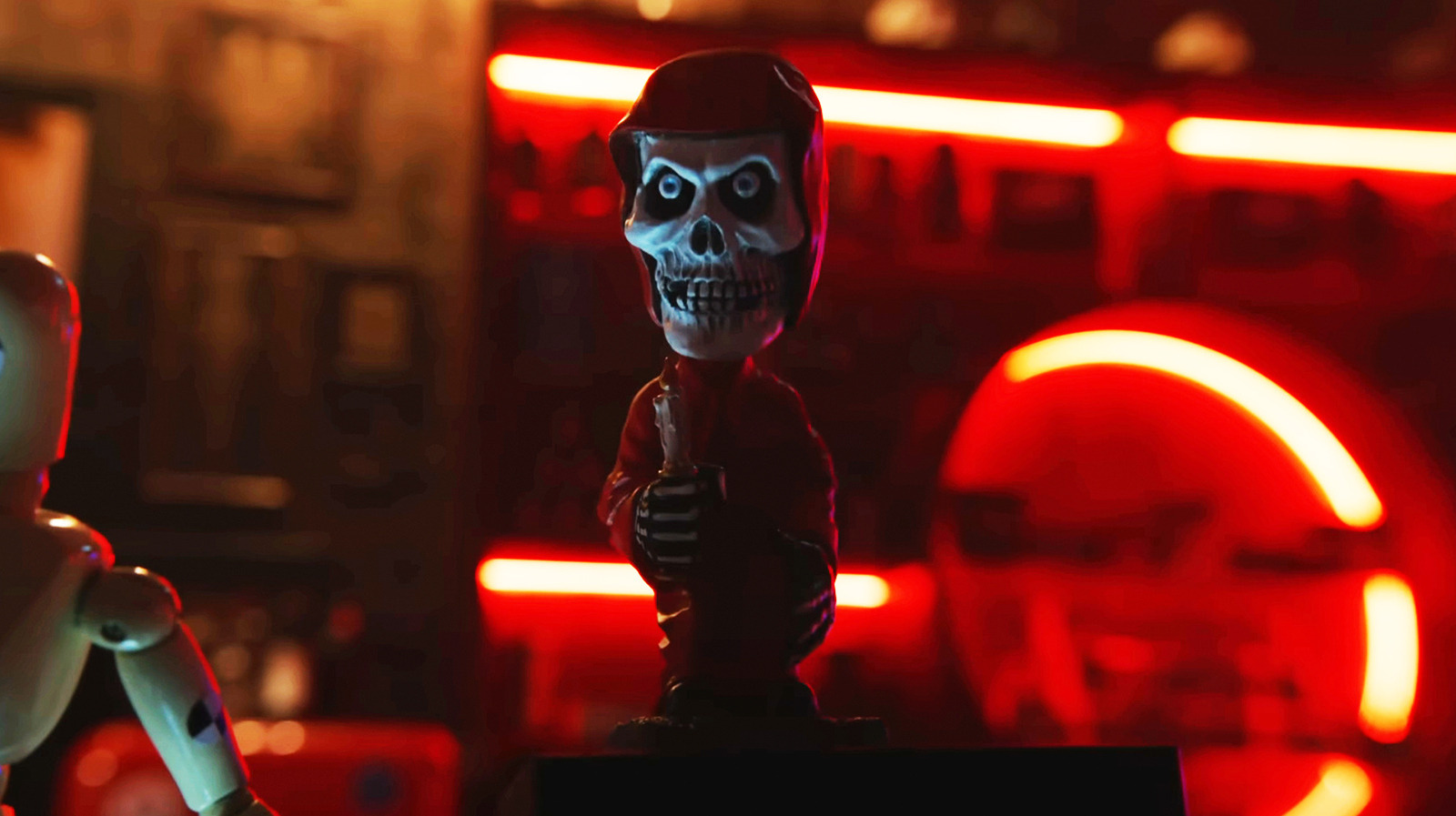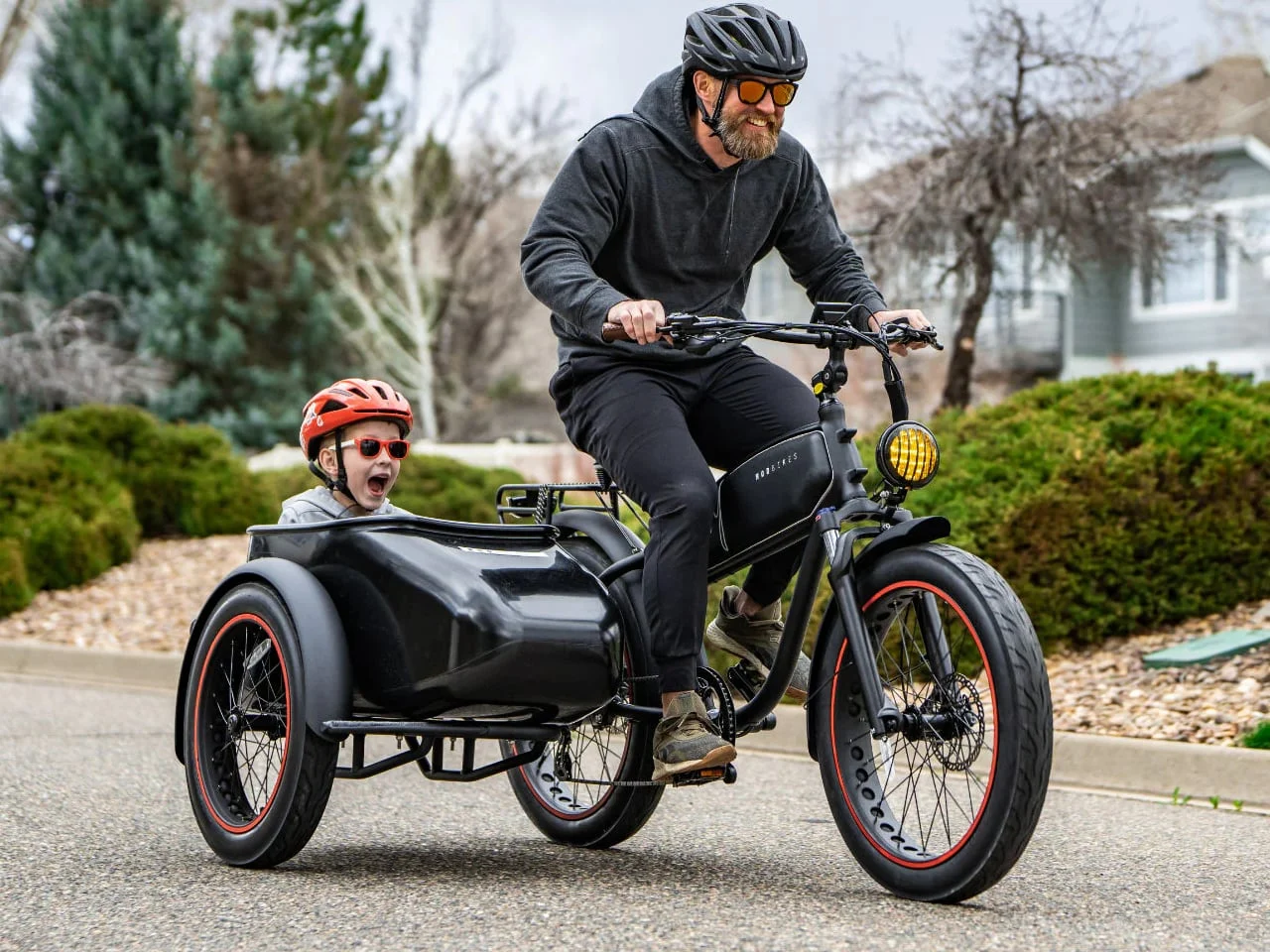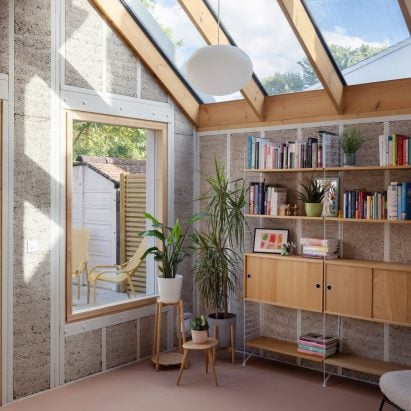If Framework Designed A Drone: Meet the Modular Drone Concept with Fully Upgradable Components
If Framework Designed A Drone: Meet the Modular Drone Concept with Fully Upgradable ComponentsHere’s my hot take for 2025, technology that cannot be upgraded is genuinely consumer-unfriendly. Framework proved it was possible by designing a sleek laptop that...
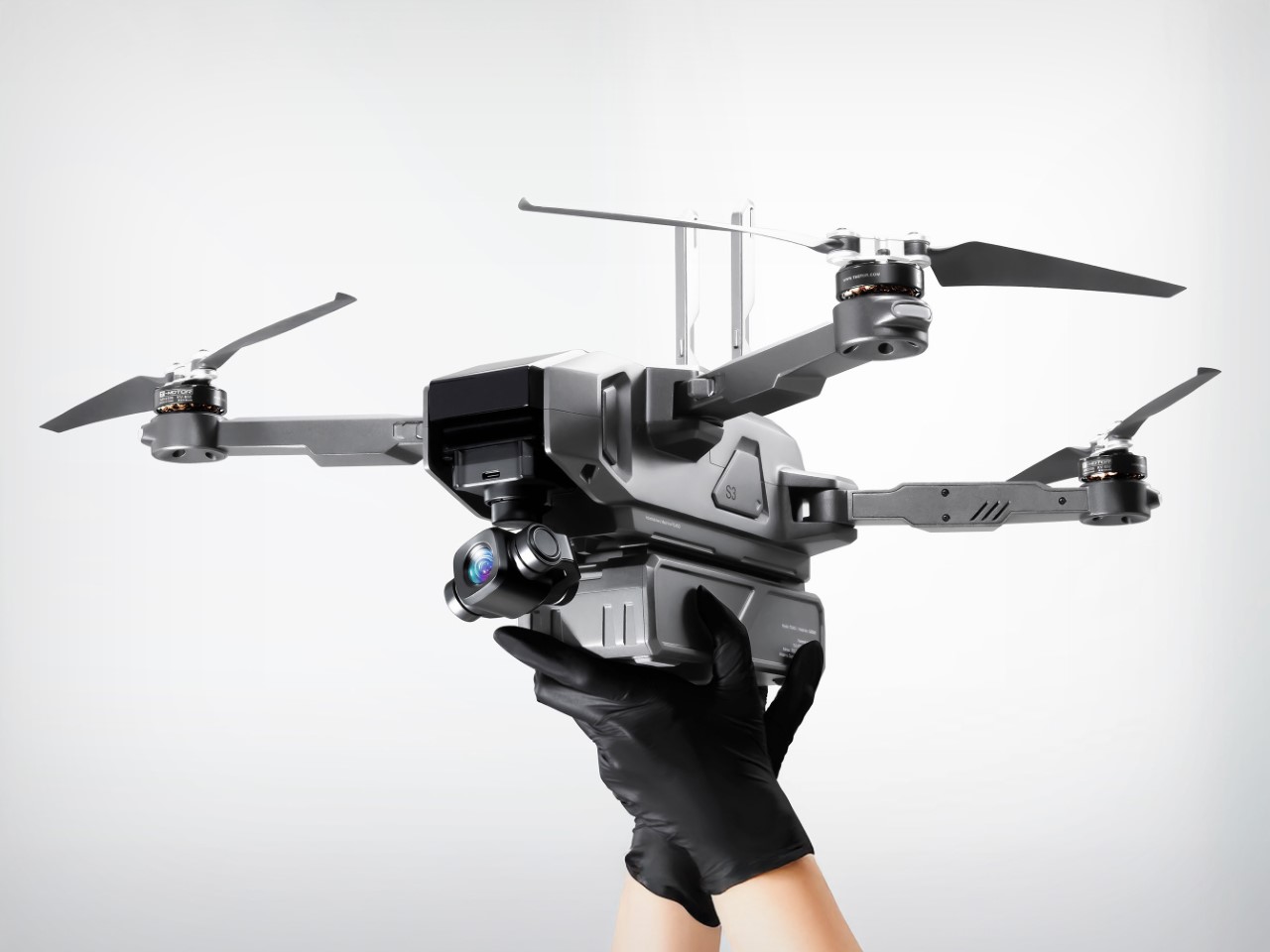

Here’s my hot take for 2025, technology that cannot be upgraded is genuinely consumer-unfriendly. Framework proved it was possible by designing a sleek laptop that featured totally upgradable components – most gaming PCs are entirely upgradable too – so why not phones? Why not tablets? And why not drones?
Drones are devices that you probably buy once or twice in your lifetime. Nobody buys a new drone every 2 years – they use the one they have for as long as possible before upgrading (that’s only if they need to upgrade)… which really means you’re stuck with backward tech for a fairly long time. To combat this, Ethan White designed the ARK – a modular drone with an architecture that features removable and upgradable components. Need a new battery? Swap it out. Want a better camera lens? Substitute the older one for a newer model.
Designer: Ethan White
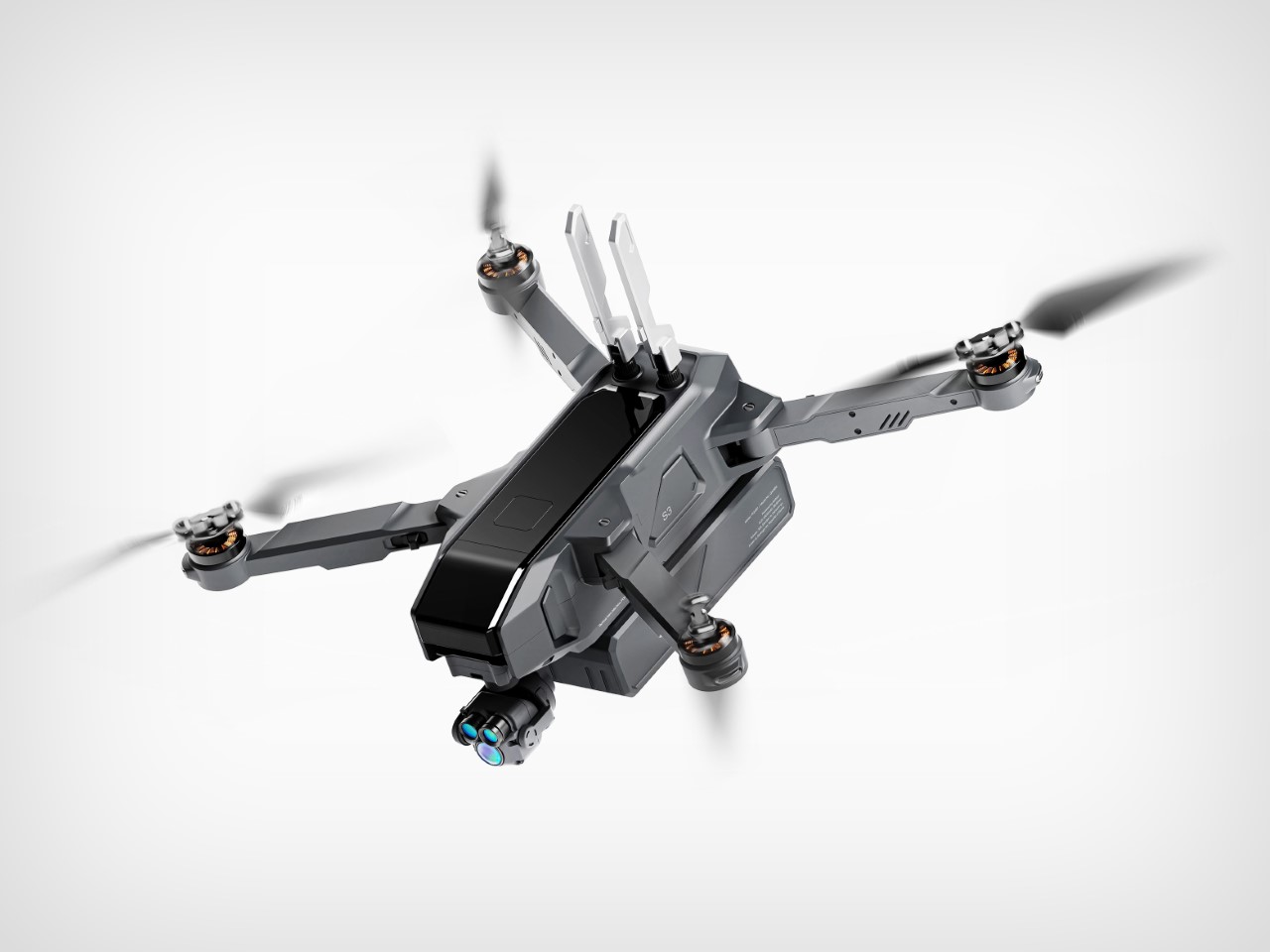
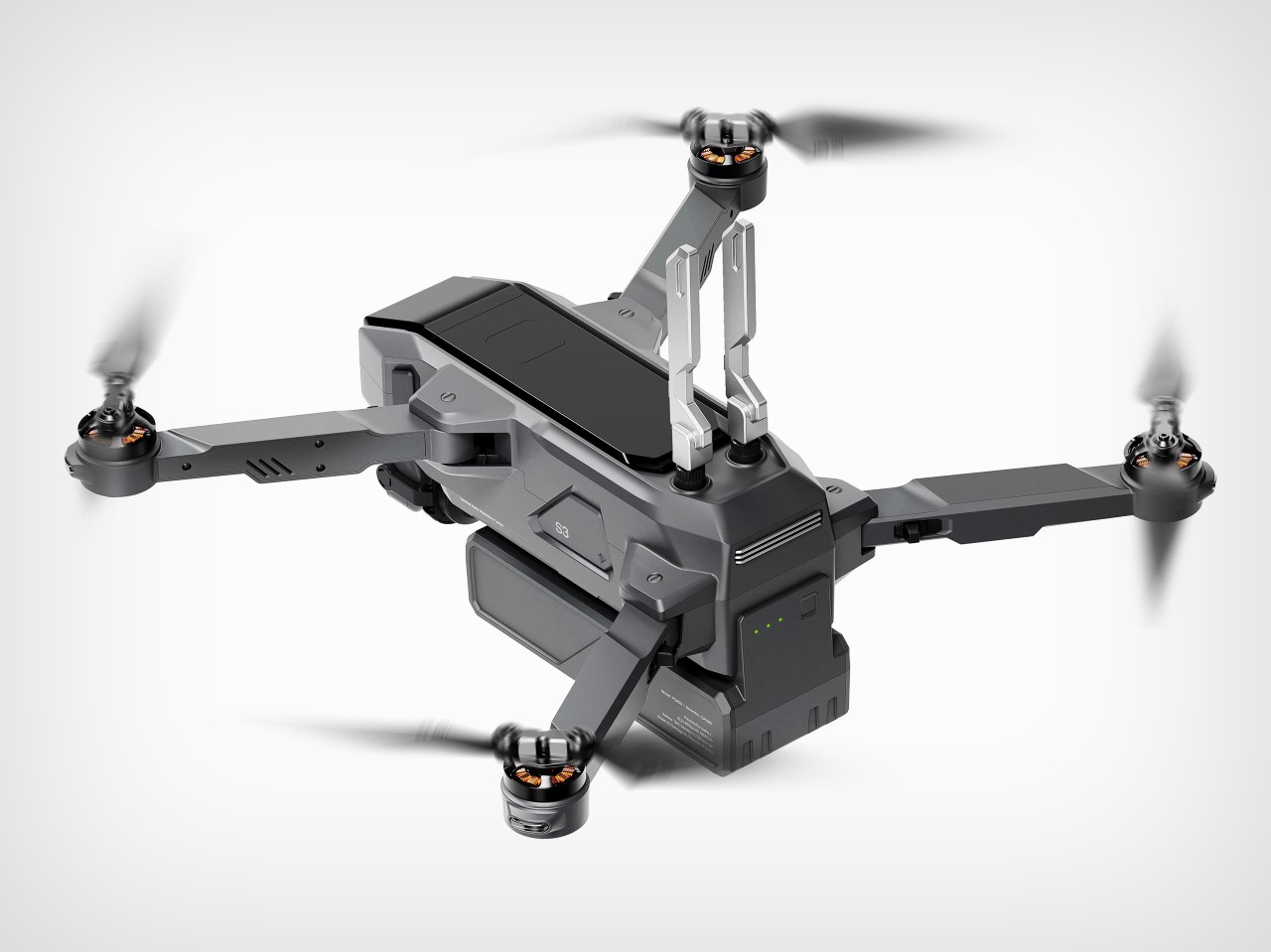
“Traditional drones require complete hardware changes or airframe redesigns to perform different roles. The ARK, however, offers an integrated solution with the simple act of swapping module pack,” says Ethan. Although the drone references Noah’s Ark, it quite literally represents the metaphor of the ‘Ship of Theseus’ – a thought experiment revolving around a ship that remains constant, with its parts gradually replaced over time.
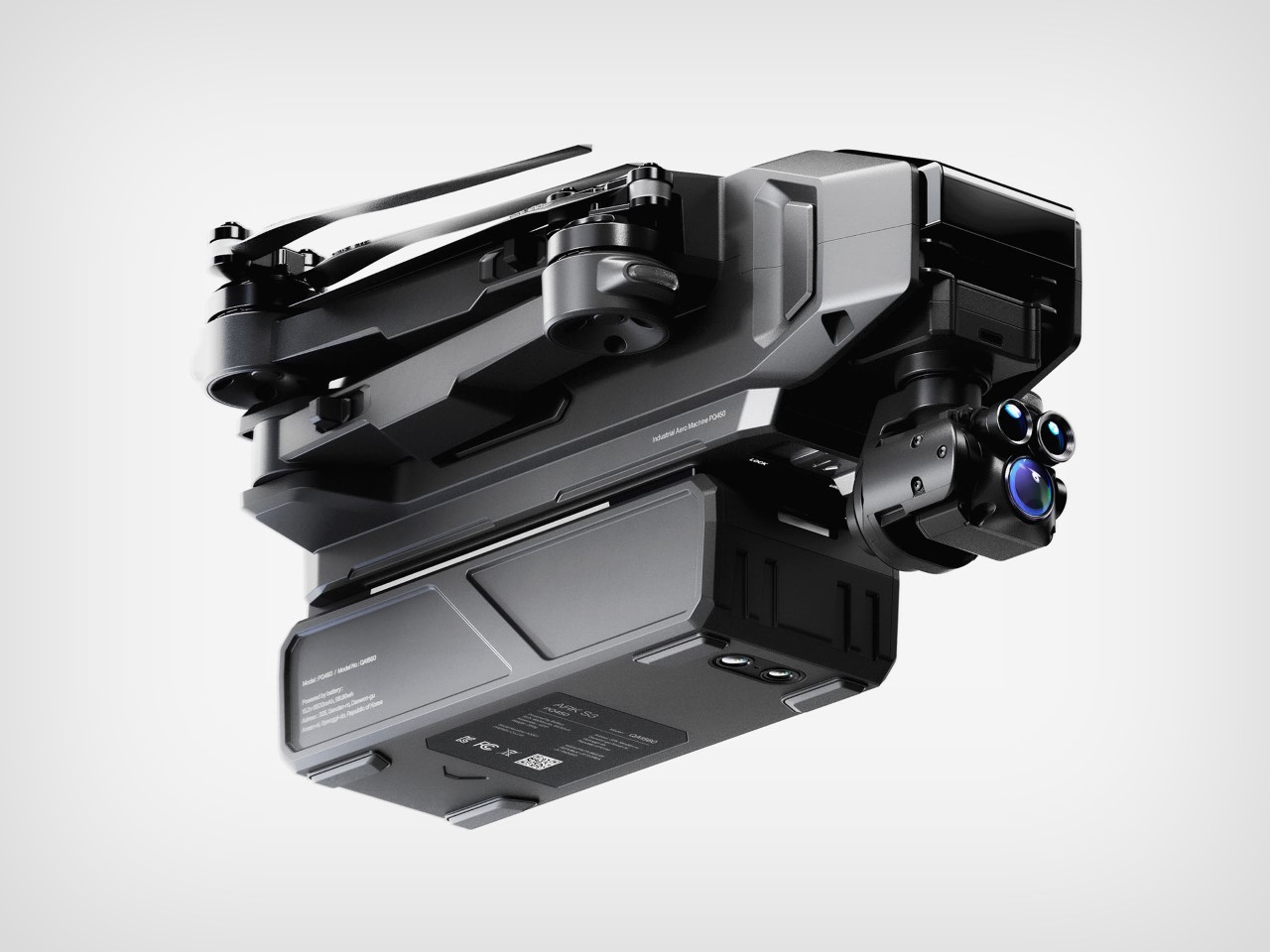
The way the ARK is designed balances purposeful bulkiness with aerodynamics. Sure, laptops can be sleek for cosmetic reasons – but drones need to shed every single ounce they can for efficiency – a heavy or bulky drone can’t fly as well as a lithe, aerodynamic one – so making a drone that’s easy to disassemble, modular, and upgradable presents a unique challenge.
Components can’t be interwoven with each other inside a single outer body. The battery needs to exist independent of the PCB. The motors, sensors, cameras, every element has to be positioned very thoughtfully, so that they can be individually removed and replaced.
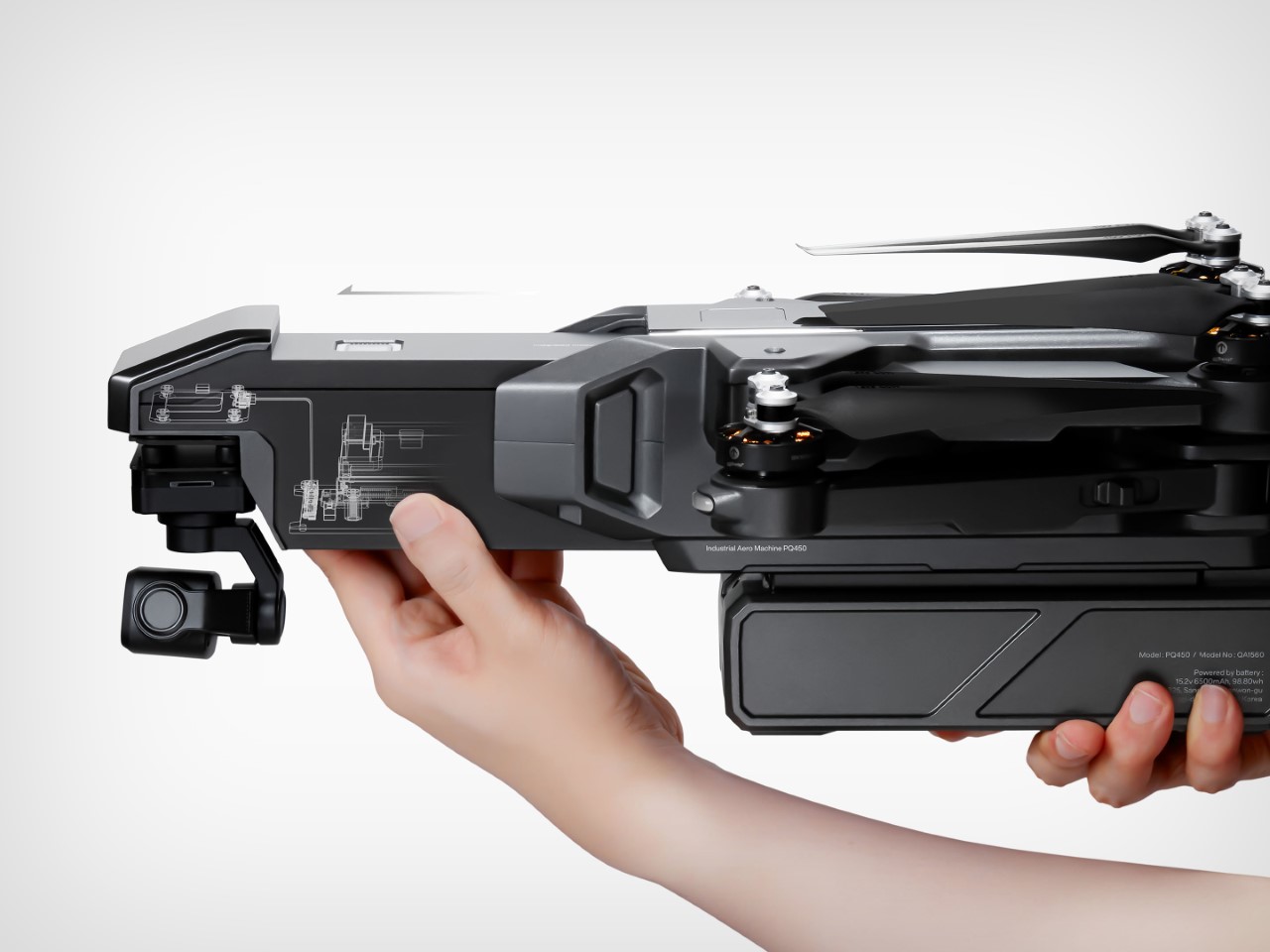
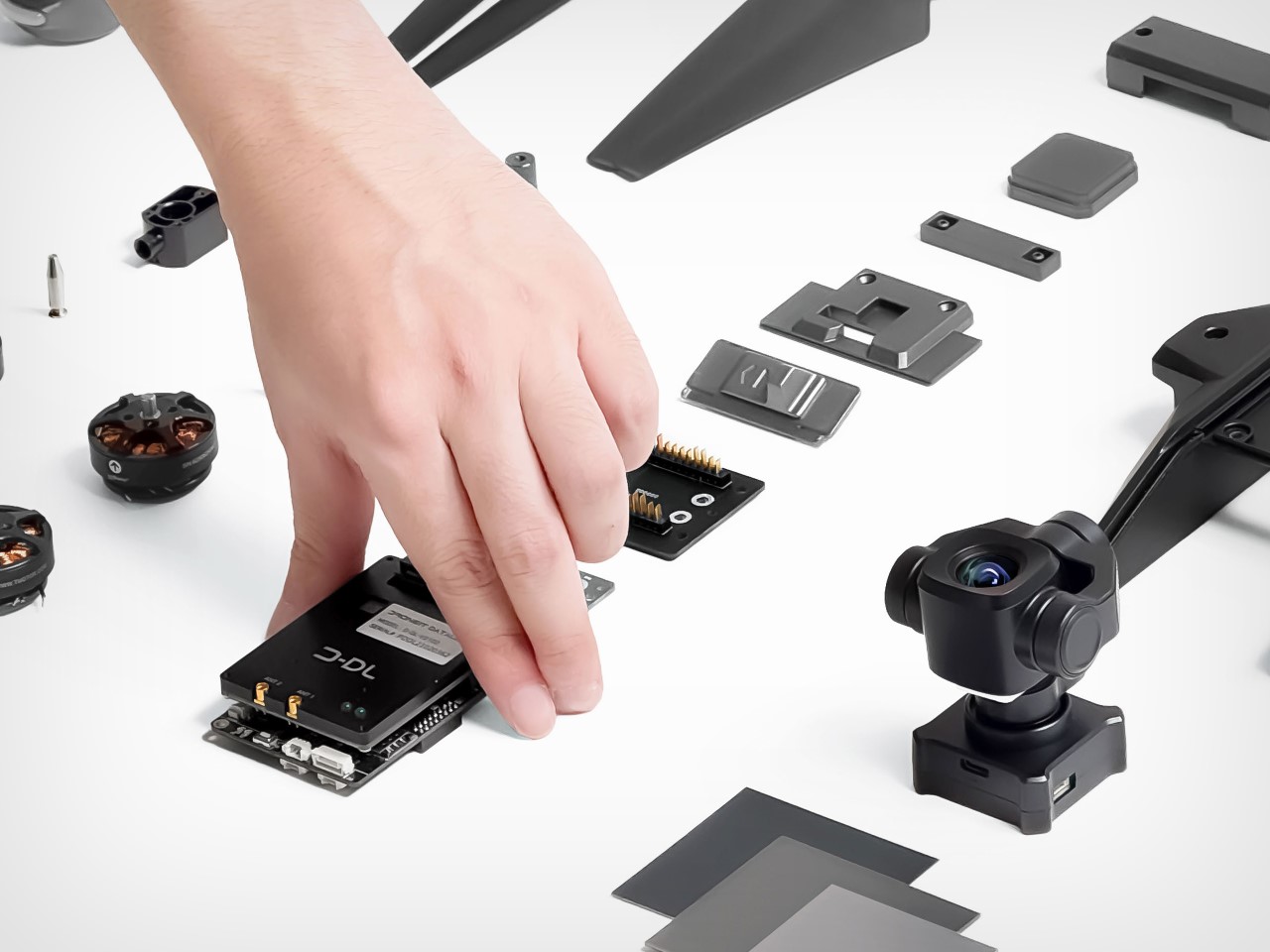
To that end, the ARK has a remarkable design, featuring components that interlock together when in use, and separate when you need to perform a swap. All this while still making sure you’ve got a drone that’s portable, foldable, and aerodynamic. The modularity also means you can purpose-build your drone based on your needs. Want something for entertainment, choose a basic package. Want a multimedia beast, upgrade your camera. Want to record at night, swap the daytime camera for a module that supports night vision. Want better range, add better antennas on top. You can build your drone with precise intent, just like you would your PC.
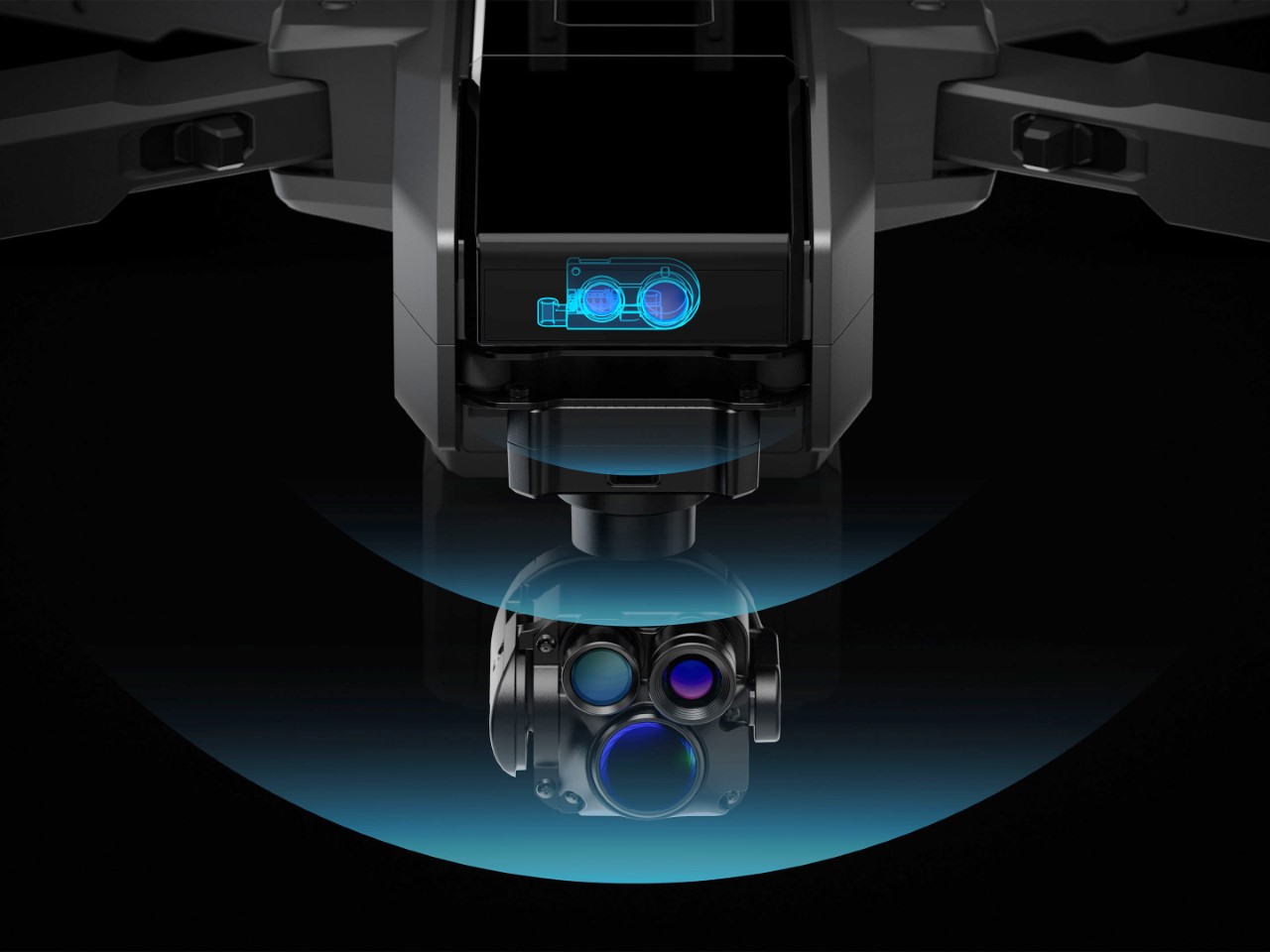
The drone features upgradable PCBs, cameras, propellers/motors, battery packs, and even other components like anti-collision sensors. Although conceptual, Ethan is working on a proof-of-concept and states that he’s aiming for IP43 water and dust resistance, along with a 30-minute flight-time. That might sound dull on paper, but I’d choose 30 minutes of flight with an absolutely incredible camera lens and sensor over 50-60 minutes with a fairly basic lens array. Plus, things will only get better with time – and as a consumer, you directly benefit from it.
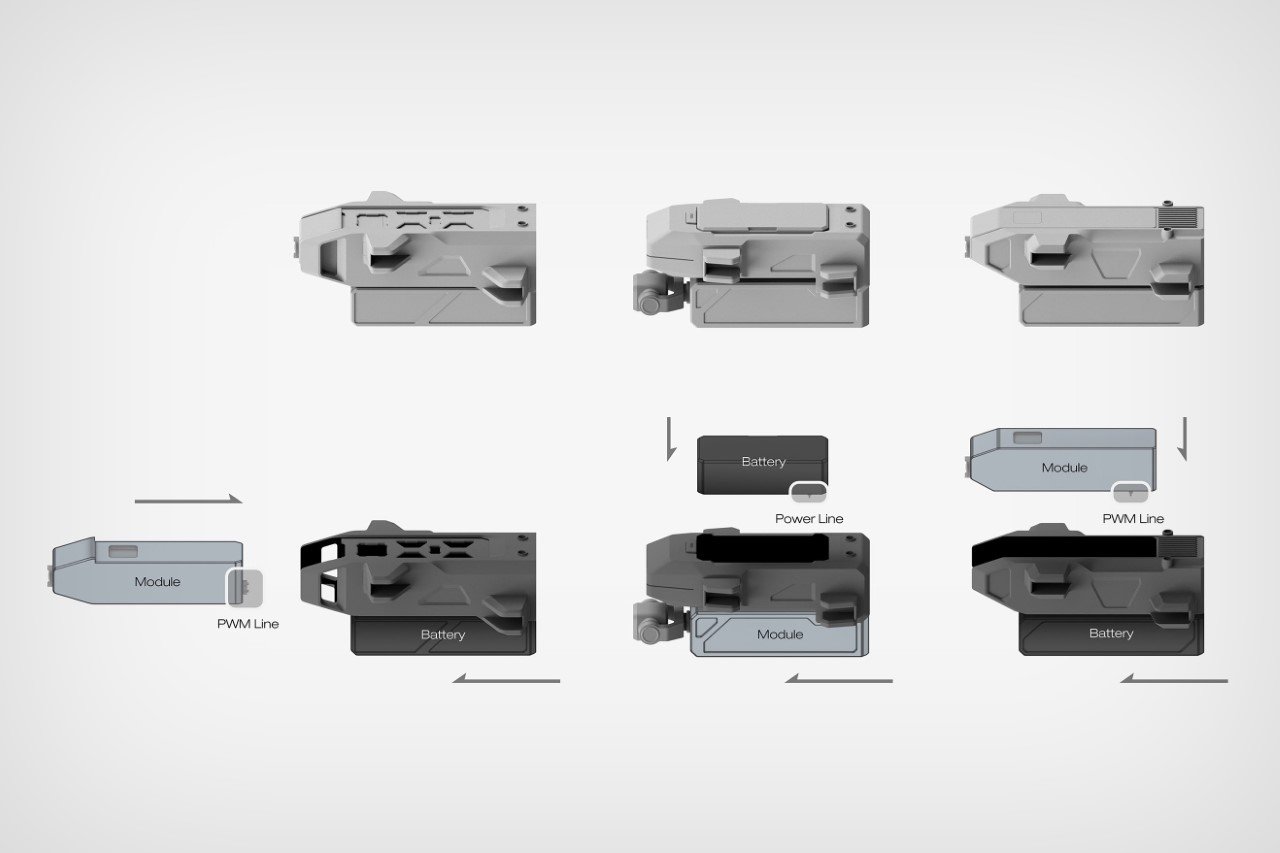
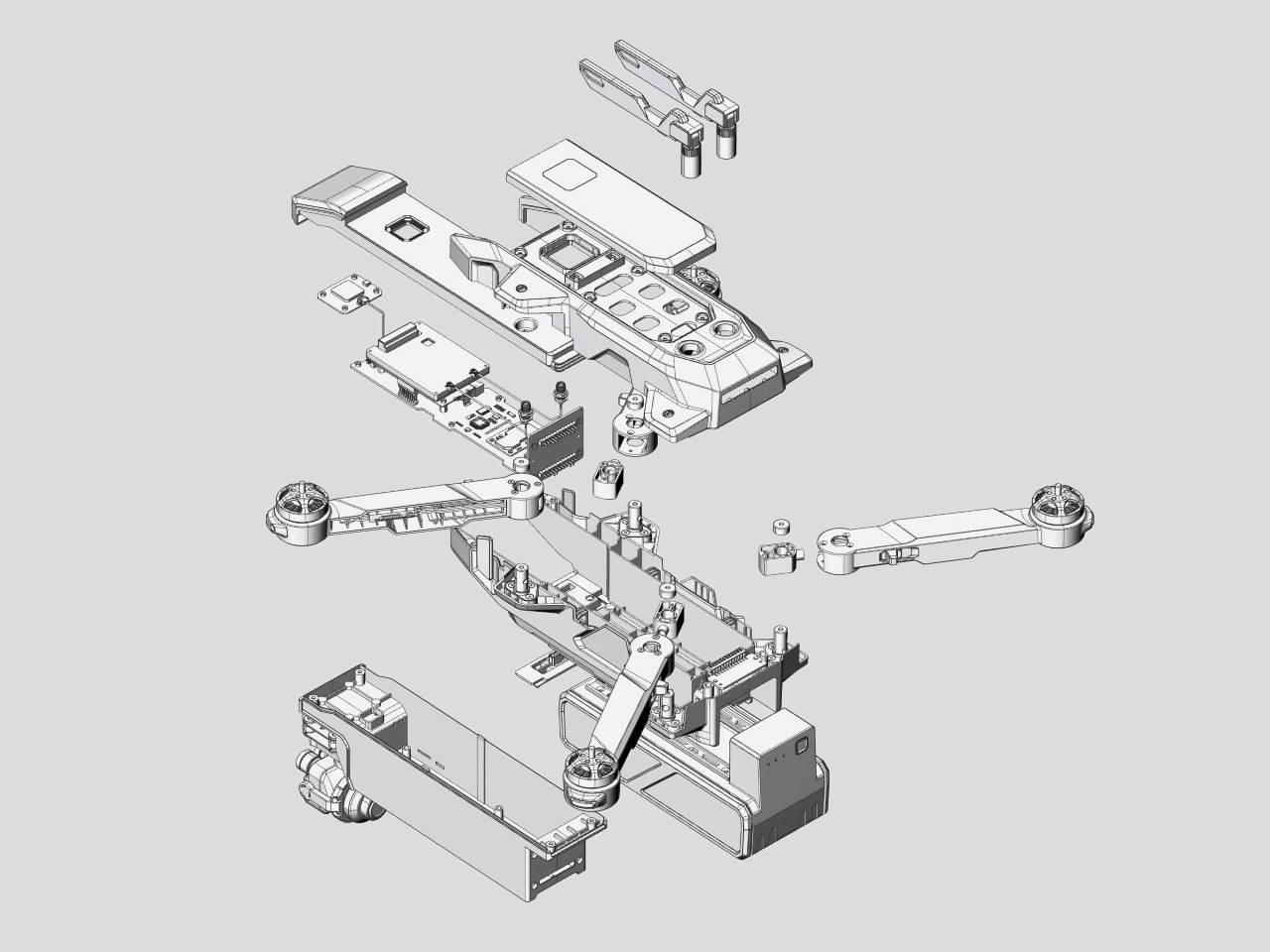
The post If Framework Designed A Drone: Meet the Modular Drone Concept with Fully Upgradable Components first appeared on Yanko Design.



























